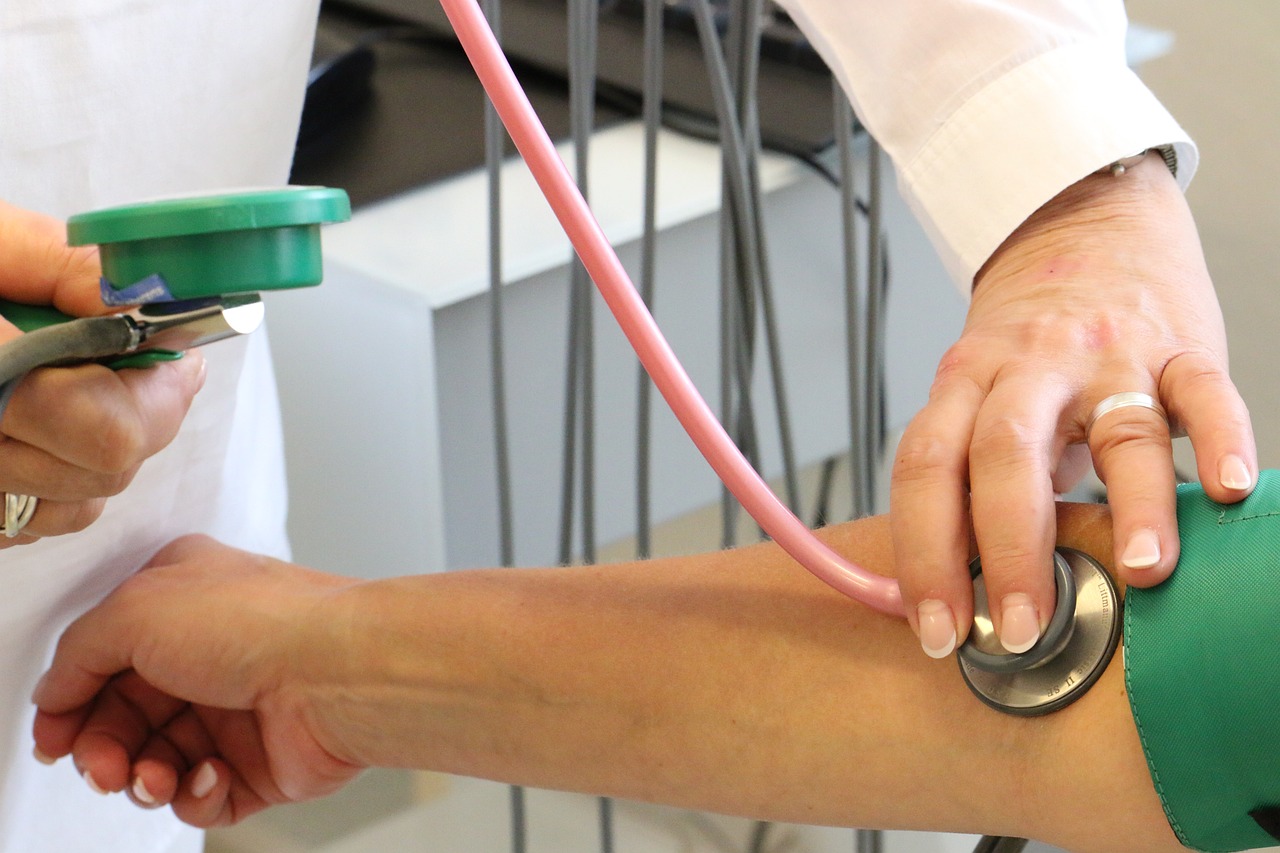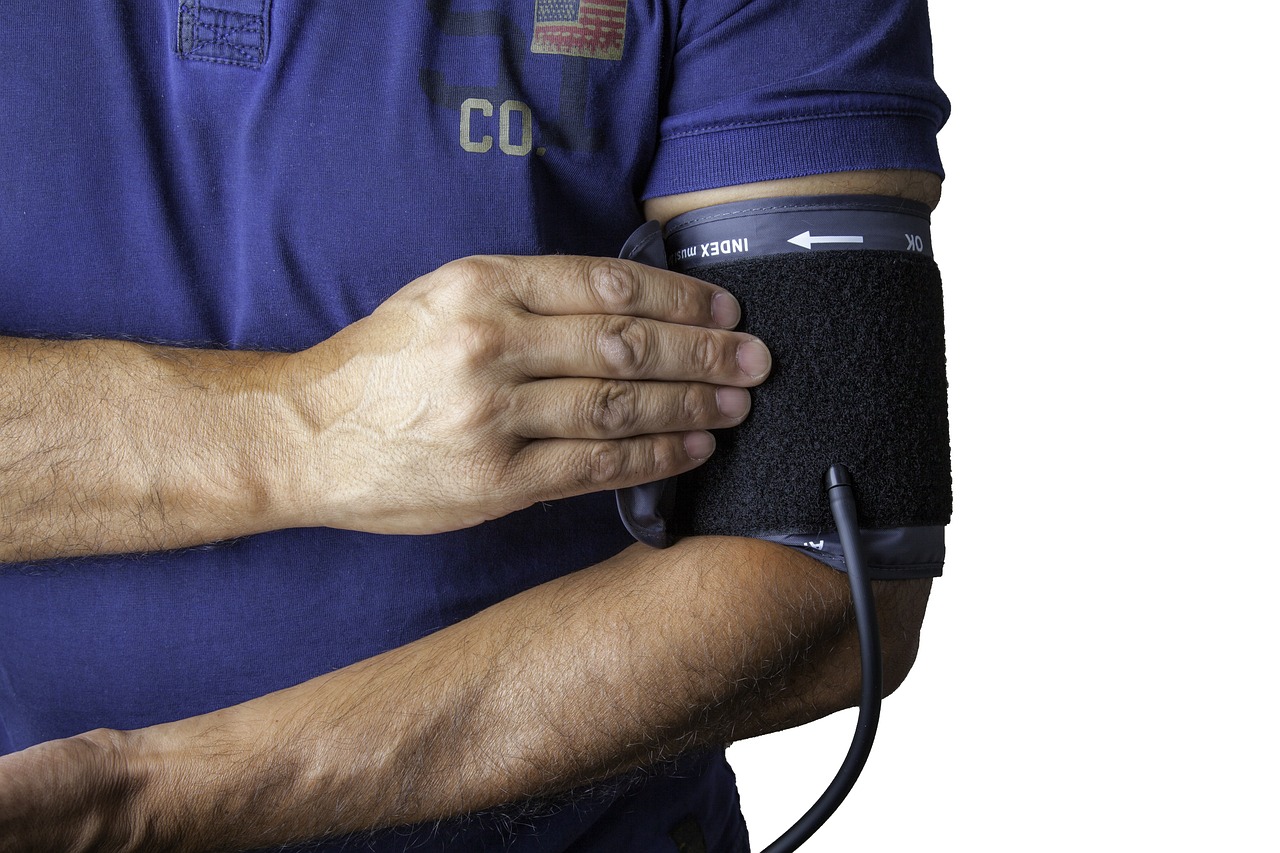If you are looking for a Sign Language Interpreter for Hospitals, there are a few things you need to know. In this article, we will discuss their roles, what qualifications they need, and how to find one. We will also talk about the benefits of using them, and how they can improve patient care.
Sign Language Interpreter for Hospitals play a vital role in hospitals, providing communication between patients and medical staff. They need to be able to interpret both spoken and signed languages, as well as understand the medical terminology used in hospitals. They need to have a high level of training and experience in order to be effective.
There are a few different ways to find one. You can contact your local hospital or health department, or you can search online for an interpreter service. Once you have found an interpreter service, you will need to schedule an appointment with them.
When you meet with the interpreter, be sure to ask about their qualifications and experience. Also, ask about the interpreting services they offer. Some interpreters only offer face-to-face interpreting, while others may also offer video or telephone interpreting. The interpreters can speak with you about your specific needs and determine the best way to communicate with you.
It is important to remember that interpreters are not medical professionals. They are there to interpret what is being said, not to provide medical advice. If you have any questions about your health, please be sure to ask your doctor or another medical professional. Be very careful on this matter.
If you are planning to visit a hospital, it is important to let the staff know that you will need n interpreter. Hospitals typically have a list of interpreters that they work with regularly. If you have a specific one in mind, be sure to ask if they are on the list. If not, the hospital may be able to contact them for you.
When you arrive at the hospital, be sure to check in with the interpreter. They will likely want to review some paperwork with you and may also want to shadow you during your stay. This is so they can get an idea of what kind of medical jargon will be used and how best to interpret it for you.
Sign language interpreters bridge the communication gap between hearing and non-hearing individuals. They provide interpretation services for conversations in person, over the phone, or via video conferencing platforms such as Zoom.
Be sure to explain your needs and expectations to the interpreter. For example, let them know if you need interpretation for a medical procedure or appointment, or if you need help communicating with a doctor or nurse.
The interpreter will then be able to provide you with the appropriate services. They will interpret the conversation between you and the doctor or nurse, and they will also be able to provide any other assistance that you may need.
We hope this information has been useful to you.






